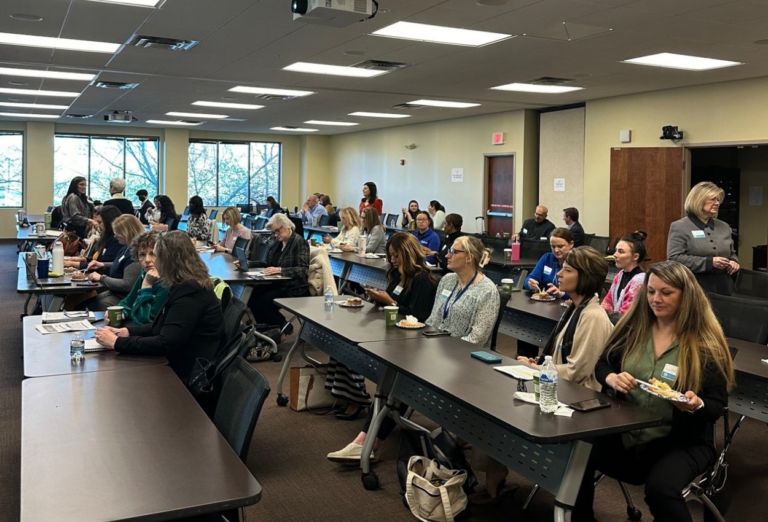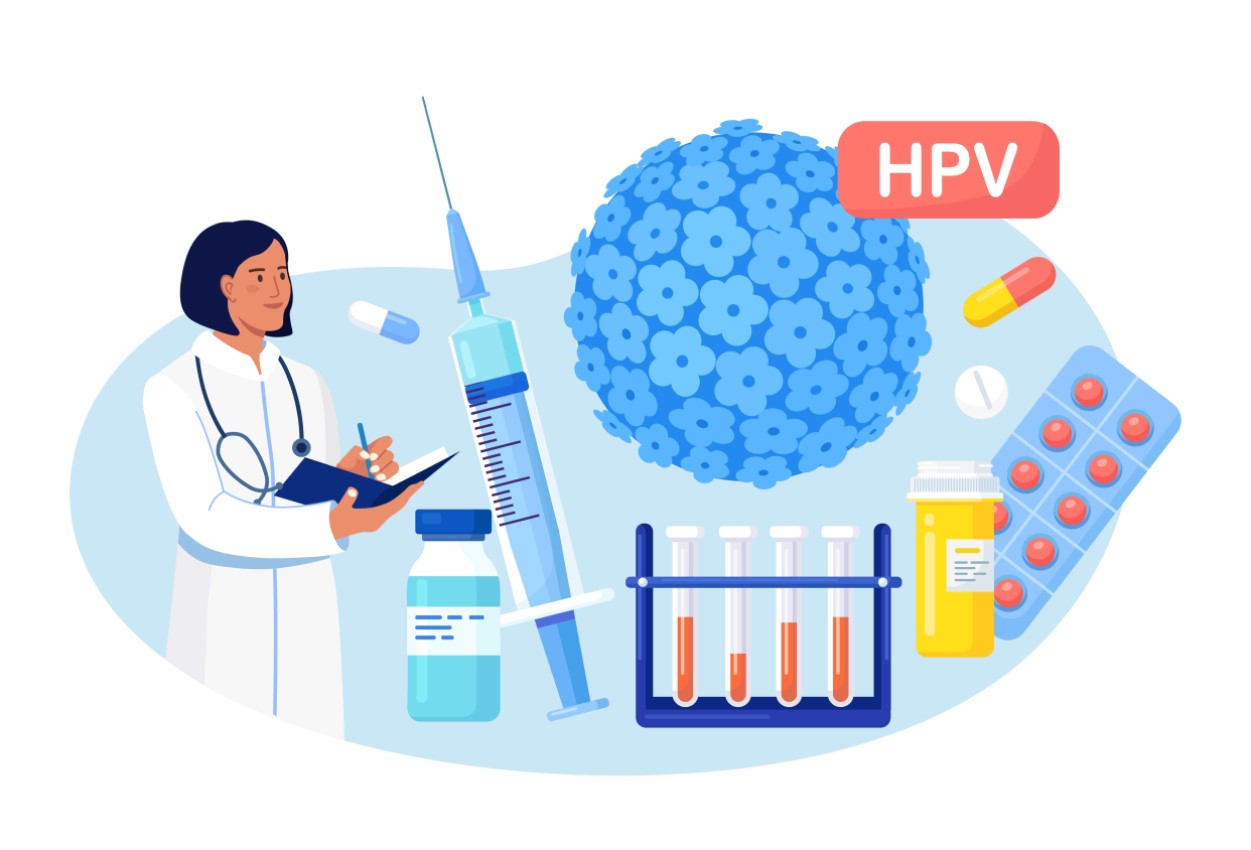In 2019, nearly 464,000 Kentuckians, or 13.3% of adults, had diabetes. This prevalence is almost double of the prevalence of adults with diabetes in Kentucky as of 2000, 6.5%. Furthermore, 11% of adults in Kentucky are at risk for developing diabetes. Kentucky ranks 4th nationally for the diabetes mortality rate. Since 2001, mortality rates have risen for men and lowered for women. Mortality rates are significantly higher for African Americans than for white Kentuckians and higher in the Appalachian region of the state.
Diabetes has been a significant issue in Kentucky for many years and continues to worsen, despite the availability of numerous evidence-based interventions and significant resources dedicated to preventing and improving outcomes of the disease. Healthcare stakeholder collaboration is a key component to turning the tide on diabetes in the Commonwealth and ensuring that all Kentuckians receive high quality, affordable, and equitable diabetes care.
The Kentuckiana Health Collaborative has partnered with the Kentucky Department for Public Health to facilitate the Diabetes Learning Collaborative (DLC), an 18-month initiative formed to engage healthcare purchasers, providers, and payers together to implement interventions to optimize the prevention, diagnosis, and management of the overall health and well-being of persons with diabetes.
The DLC consists of three healthcare providers, three healthcare payers, and three healthcare purchasers. Participating healthcare providers include Norton Healthcare, Kentucky Health Collaborative, and CHI Saint Joseph Health Partners. Participants healthcare payers include Anthem Blue Cross Blue Shield, Passport Health Plan, and Humana. Participating healthcare purchasers include Baptist Health, Teachers’ Retirement System of Kentucky, and the Kentucky Personnel Cabinet. These various key healthcare stakeholders together will learn from and support one another to address the diabetes challenges that impact their populations. Participants will evaluate relevant data sources to identify gaps in performance and use this data to develop a plan of action to impact at least one component of the diabetes continuum, including diabetes care, benefit design, delivery, and payment methods. By evaluating data, forming and implementing subsequent action plans, and partnering with other stakeholders, participants can improve the quality, cost, and equity of diabetes prevention and care and the overall well-being of persons with diabetes.
The DLC convened for the first time in March 2022. The group will continue to meet as a collaborative on a bi-monthly basis until January 2023. Additionally, participants will engage in bi-monthly individual technical assistance calls to assist with their specific needs and questions related to the project throughout the same period. The project is broken out into six phases: optimal care, data accessibility and usability, action planning, partner support, evaluation planning, and execution and next steps. These phases will guide participants through the project and optimize learnings to be shared with the public once the project concludes.
After the DLC concludes, learnings will be compiled into a summary paper as well as a healthcare purchaser checklist for optimizing diabetes prevention, diagnosis, and management. Organizations considering similar projects can use these resources to inform their own approach. These resources will be launched at a KHC Community Health Forum in June 2023.
The formation of the DLC is intended to bring a new lens to the work of healthcare stakeholders across their state in their efforts to improve diabetes prevention and care. By working together, healthcare stakeholders can address the gaps and challenges that have existed so far in this work and identify new opportunities for positive impact.






